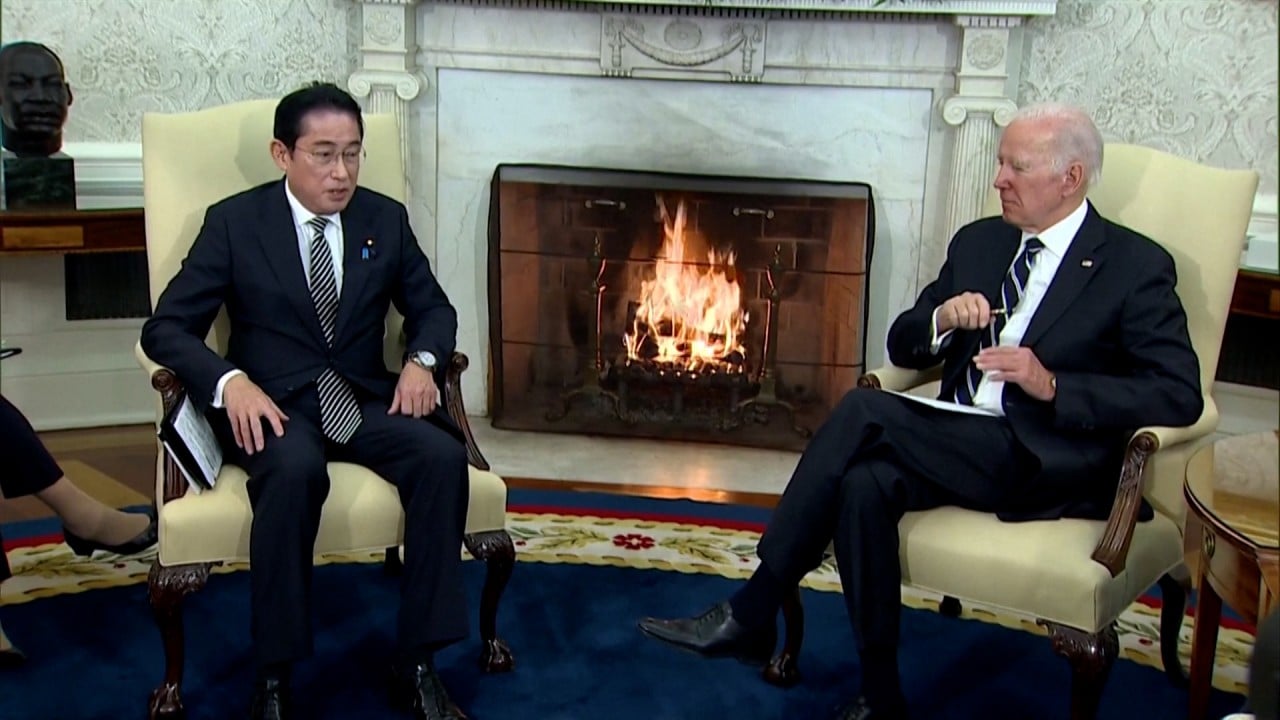
China and Japan must view ties from ‘strategic height’, seize post-Covid opportunities, says departing envoy
- In farewell speech, Chinese ambassador Kong Xuanyou calls for countries to resume exchanges and avoid being ‘misled by momentary incidents’
- He has served as Beijing’s top diplomat in Tokyo since 2019, and his exit comes amid tensions and mistrust in bilateral relations
China’s envoy to Japan has left his post, but in his farewell speech, the departing diplomat called for Tokyo and Beijing to view ties from a “strategic height” and to resume exchanges and dialogue in the post-pandemic era.
He said the two sides had strengthened political and diplomatic interactions and cooperation at all levels, bringing together “positive energy for the improvement of Sino-Japanese relations”.
How fears over China are spurring Japan’s efforts to strengthen military power
Japan also fears becoming embroiled in a war if Beijing decides to take Taiwan by force.
“The international security situation has undergone vast changes and we are seeing the return of unilateralism, protectionism and a cold war mentality,” Chinese foreign vice-minister Sun Weidong said during the talks in Tokyo.
Japanese senior deputy foreign minister Shigeo Yamada said that while relations between the countries held “a lot of possibilities”, there were also “many issues and concerns”, including Beijing’s military ties to Russia, its suspected use of spy balloons over Japan and threats to peace and stability in Taiwan.
Assistant commerce minister Li Fei instead asked Japan to abide by international rules and provide firms with a “fair and predictable” business environment.
In his farewell note on Friday, Kong said China and Japan were “close neighbours who cannot move away” and “partners with a long history of exchanges”.
He called for the two countries to view their relationship from “a strategic height and a long-term perspective” instead of being “misled by momentary incidents”.
Kong said that by adhering to peace, friendship, cooperation and the “principle of keeping promises and respecting neighbours”, the two sides would be able to build a “more mature, stable, healthy and resilient” relationship and “open up bright prospects” in bilateral ties.


